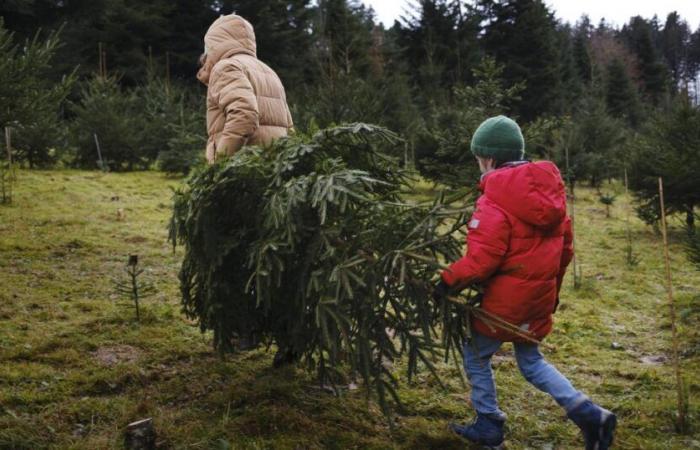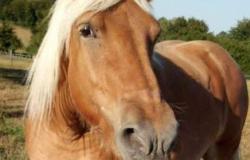“Christmas trees are not intended to enter the food chain”: the Belgian food safety agency has reframed the city of Ghent, which suggested cooking recipes for recycling its tree.
Eating your Christmas tree to avoid waste is the idea that the city of Ghent launched on its website a few days ago. In its message, the town in north-west Belgium explains that the Scandinavians are used to drying fir needles to prepare, for example, a butter spread. She invites her residents to do the same.
Problem is, this Scandinavian practice applies to wild fir trees and not Christmas trees. The invitation quickly worried the Belgian Federal Agency for the Safety of the Food Chain (Afsca). She said Tuesday that “there is no guarantee of safe consumption of Christmas trees by both humans and animals” due to the likely use of pesticides to grow the trees.
“Fatal consequences”
Afsca also warned of the danger of such tasting, pointing out that Christmas trees can sometimes be treated with flame retardants which can have “serious, even fatal, consequences”.
An argument confirmed by the Swedish health authorities. They agreed with the opinion of their Belgian counterpart specifying that Christmas trees cannot be considered as foodstuffs.
-A Swedish tradition
If eating your Christmas tree is not a custom in Sweden, picking young spruce shoots in the countryside to use them in cooking is, however, common, wrote Anneli Widenfalk, a toxicologist at the Swedish Food Safety Agency. Their harvest takes place in May-June.
These shoots can be used to make herbal teas, spices, or even to flavor alcohol such as schnapps, a brandy consumed during traditional festivals in Sweden.
Following this warning, Ghent partially modified its publication on its site. The town replaced its catchy title “Eat Your Christmas Tree” with “Scandinavians eat their Christmas trees“.
sl with afp






